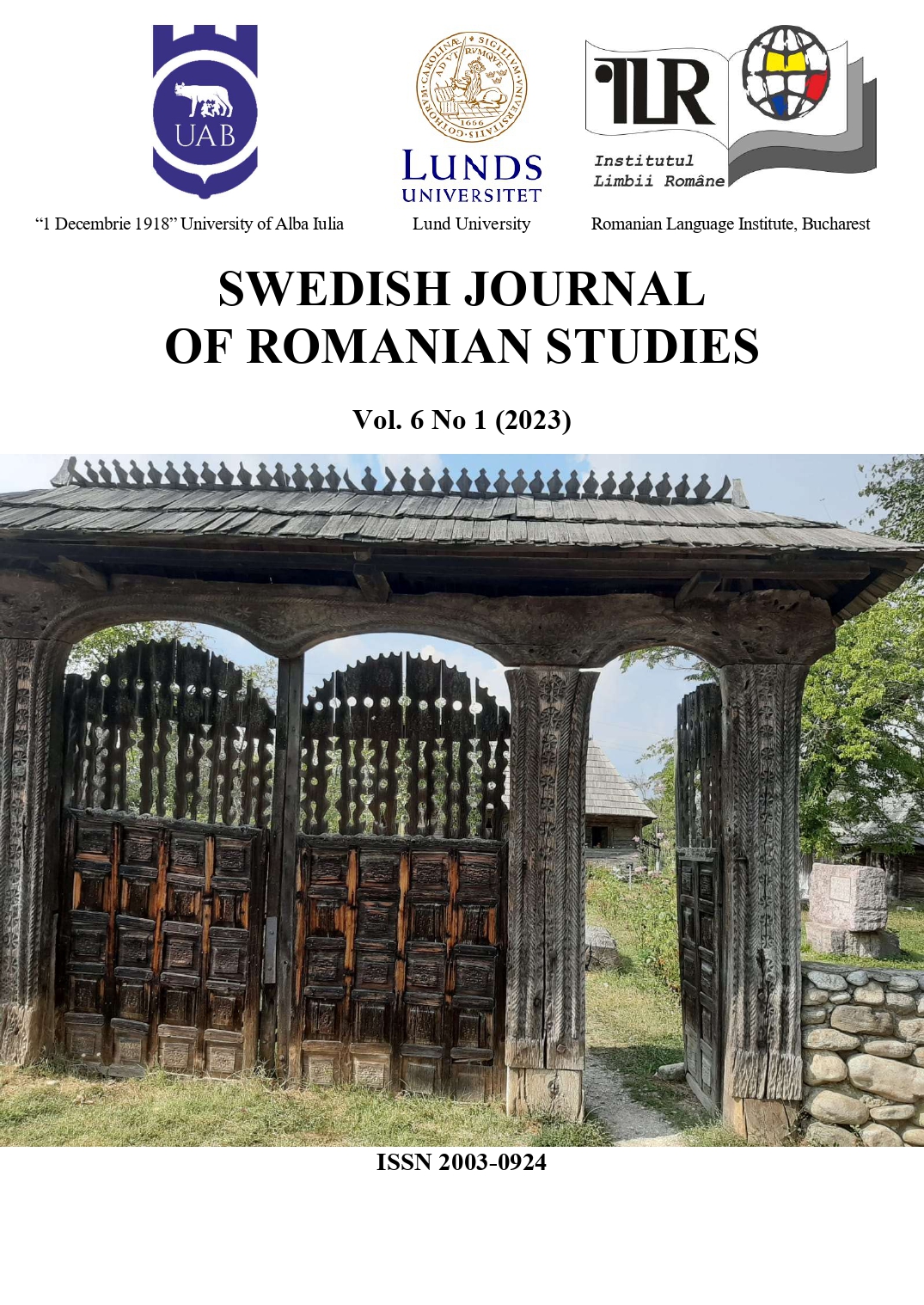Dinamica formelor și a relațiilor sociale în grupările socialiste din secolul al XIX-lea
The dynamics of social forms and relations in the socialist groups of the 19th century
Author(s): Maricica MunteanuSubject(s): Gender Studies, Political history, Social history, Romanian Literature, Cultural Anthropology / Ethnology, Culture and social structure , Social development, Social differentiation, Sociology of Culture, 19th Century, Sociology of Politics, Identity of Collectives, Sociology of Literature
Published by: Språk- och litteraturcentrum, Lunds Universitet
Keywords: socialist movement; sociability; social network; forms of life; weak ties; social imaginary;
Summary/Abstract: Focusing on two theoretical concepts, sociability, driven from Maurice Agulhonʼs theory, and social networked as developed in Georg Simmelʼs formal sociology, the present article aims to discuss the Romanian socialist circles from the 19th century in a twofold manner. On the one hand, it explores the social imaginary and the transferable social forms due to the existence of the “weak ties” (Mark Granovetter), such as clandestinity, the anti-bourgeois attitude, the idealism, and the generic portrait of the socialist. On the other hand, the article analyses the forms of life that are specific and dependent on the material spaces, shaping the particularities of different socialist groups. Such elements of shared life are, for example, the exaltation in Neculai Beldiceanuʼs cenacle from Iași, the anti-intimacy in Nădejdeʼs house on Sărărie, the farce at „Adevărul” magazine, but also the experience of drinking tea, common to the majority of the socializing groups, and the relationship between men and women, considered as the myth of the 19th century socialist movement.
Journal: Swedish Journal of Romanian Studies
- Issue Year: 6/2023
- Issue No: 1
- Page Range: 229-247
- Page Count: 19
- Language: Romanian

